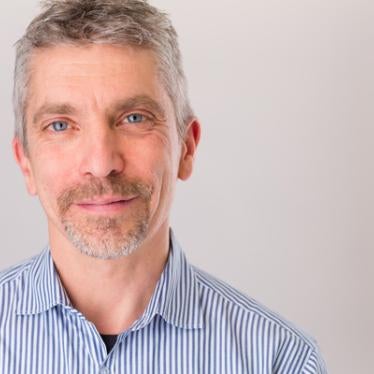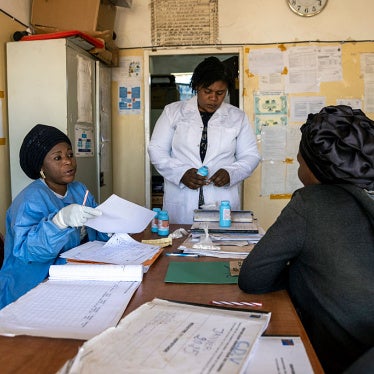In the past eight months, three African court decisions—in Botswana, Kenya and Zambia—have asserted basic freedoms in the face of popular prejudice and discriminatory laws. These cases represent significant progress on human rights for lesbian, gay, bisexual and transgender (LGBT) people and have broader implications with regard to countries' obligations to uphold basic rights for marginalized or unpopular groups.
The judgment strikes a similar tone to the Botswana ruling, emphasizing that, the Penal Code does not criminalize homosexuality, or the state of being homosexual, but only certain sexual acts against the order of nature, and that the Penal Code does not criminalize the right of association of people based on their sexual orientation. The judgment observed that "an interpretation of non-discrimination which excludes people based on their sexual orientation would be in conflict with the principles of human dignity, inclusiveness, equality, human rights and non-discrimination."
In the third case, in May, the Zambian High Court upheld the acquittal of a human rights activist, Paul Kasonkomona. In April 2013 he expressed his opinion—on a privately owned television channel—that the rights of sexual minorities, including LGBT people and sex workers, should be recognized. He was arrested outside the television studio and charged under an obscure and archaic provision of the Penal Code outlawing "soliciting for immoral purposes" in a public place.
Kasonkomona was acquitted in the Magistrate's Court, where the magistrate held that the "accused was exercising his freedom of expression" as provided for in the Zambian Constitution. "What I heard," said the magistrate, "was that he was advocating for the rights of those already practicing [homosexuality] to be protected." He posed—and answered—a rhetorical question about whether a person who advocated abolition of the death sentence would be "soliciting for immoral purposes? The answer is no."
The government appealed the acquittal, but on May 15, the High Court confirmed Kasonkomona's acquittal and reiterated the ruling of the magistrate, which distinguished between soliciting someone to engage in same-sex sexual acts, a criminal offense in Zambia, and advocating for people's rights.
The three cases stand in stark contrast to a judgment by the Ugandan High Court in July 2014, in which a judge ruled against four activists who had sued the ethics and integrity minister, Simon Lokodo, for shutting down a February 2012 workshop on advocacy for LGBT rights. The judge ruled that the workshop participants were "promoting" or "inciting" same-sex acts, in a ruling that went so far as to suggest that even distributing condoms to gay and bisexual men would amount to 'direct or indirect promotion of same-sex practices."
Each case revolves around the fundamental rights of a marginalized and unpopular minority. The underlying principles affirmed in the three most recent rulings apply more widely. Freedoms of expression and association are fundamental rights provided for in the African Charter on Human and Peoples' Rights. All too often African human rights defenders are silenced by means of arbitrary, vague or overbroad criminal laws.
It is essential, to protect human rights in general and LGBT rights in particular, to ensure that the rights to freedom of expression and association are protected in national constitutions and legislation and not eroded through politically motivated prosecutions or the threat of prosecutions. It is heartening to see cases in which freedoms of association and expression have trumped archaic laws and popular prejudice. These judgments illustrate that justice can prevail where the judiciary is independent and able to uphold its constitutional mandate to protect human rights.
Anneke Meerkotter is a lawyer and Litigation Director at the Southern Africa Litigation Centre (SALC). She was previously the LGBT and Sex Work Program Lawyer at SALC and has worked on a number of defining LGBT rights cases in Southern Africa. Graeme Reid is the Director of the Lesbian, Gay, Bisexual and Transgender Rights Program. He is an expert on LGBT rights and founding director of the Gay and Lesbian Archives of South Africa.








